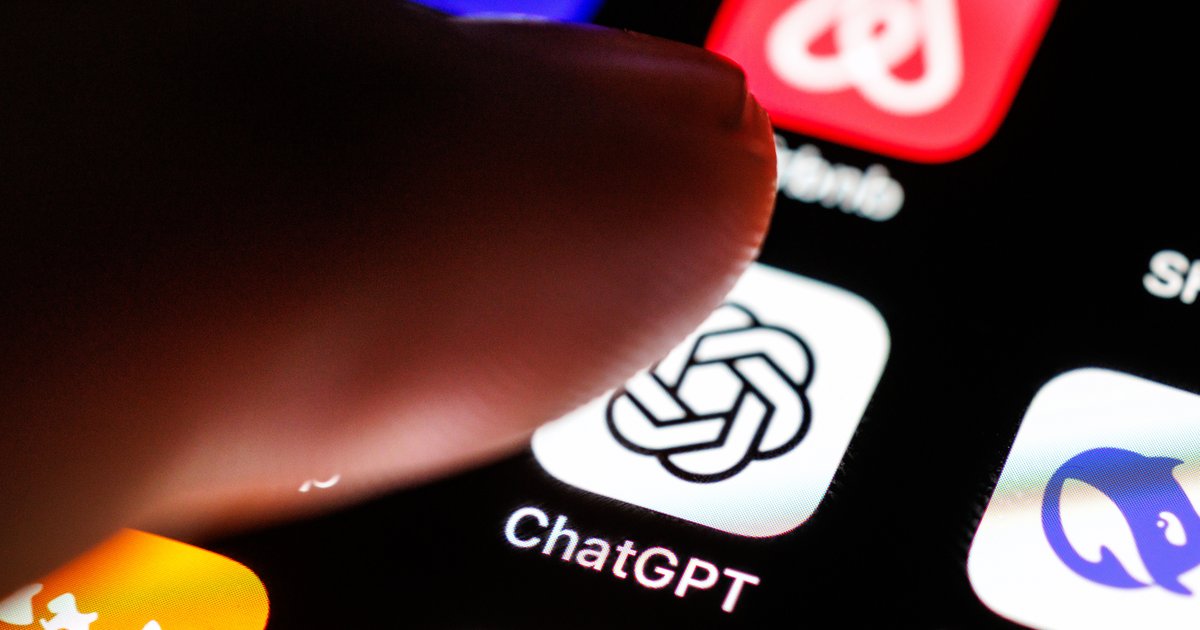Millions of young people in the U.S. are using AI chatbots to address mental health issues
Researchers found about 1 in 8 adolescents and young adults are turning to ChatGPT, Gemini, My AI and other types of generative artificial intelligence for advice and help with emotional distress. That amounts to about 13% of young people, or 5.4 million people. The study’s findings were published last week in JAMA Network Open.
MORE: Raynaud’s syndrome can be painful and annoying, but it’s usually not dangerous
The study is the first nationally-representative survey to look at how often youth ages 12 to 21 are using chatbots when feeling sad, angry or nervous – and how helpful they are finding the advice they get, the researchers said. The study comes at a time of intense national debate about the ethics and safety of using AI for mental health.
Earlier this month, the U.S. Food and Drug Administration held its first public hearing on whether chatbots designed by academics and start-ups to offer alternatives to traditional therapy should be regulated as medical devices.
In October, Brown University published a study showing that AI chatbots “systematically violate” ethical standards upheld by the American Psychological Association and other respected mental health organizations. Chatbots are prone to creating a false sense of empathy, reinforce users’ negative views of themselves and give inappropriate guidance during crisis situations, the study found.
Open AI also is being sued over the death of a 16-year-old who took his life in August after using ChatGPT for months. The chatbot provided the boy with “specific information about suicide methods,” the New York Times reported.
“There are few standardized benchmarks for evaluating mental health advice offered by AI chatbots, and there is limited transparency about the datasets that are used to train these large language models,” said Jonathan Cantor, one of the authors of the most recent study and a senior policy researcher at RAND, a nonprofit research organization.
Cantor and his fellow researchers surveyed a group of more than 1,000 12- to 21-year olds between February and March. The heaviest users of AI chatbots are 18- to 21-year-olds, at more than 22% the study found. More than 65% of the young adults turning to AI for mental health guidance are doing so once a month or more, and more than 92% find the advice helpful.
These numbers “likely reflect the low cost, immediacy, and perceived privacy of AI-based advice, particularly for youths unlikely to receive traditional counseling,” the researchers wrote.

